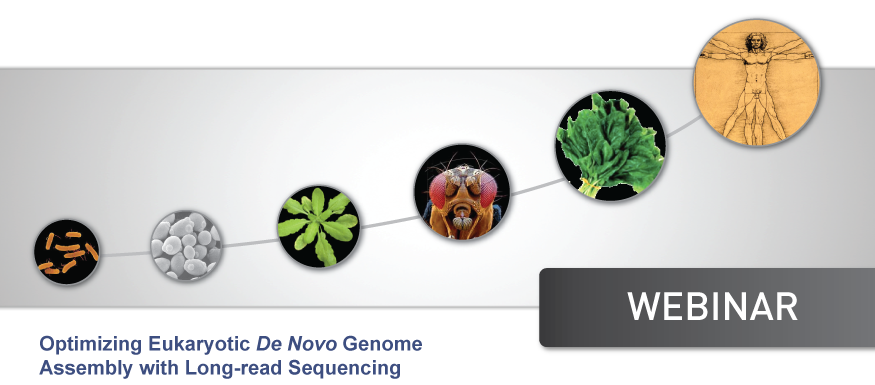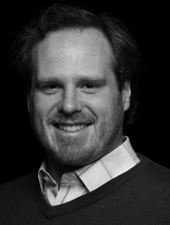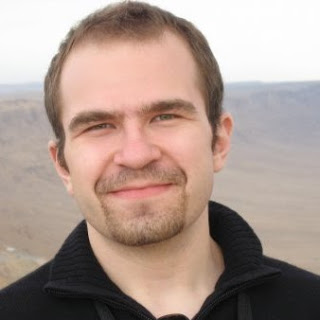
A practical guide to PacBio-only and hybrid methods
In this recorded webinar, Michael Schatz and James Gurtowski from Cold Spring Harbor Laboratory and Sergey Koren from NBACC discuss best practices in genome assembly. The webinar starts with an introduction to de novo genome assembly, followed by a discussion around different methods for de novo assembly. Best practices around other assembly methods is also discussed.
- Introduction to Genome Assembly
- Goals of Assembly
- Methods Available
- Experimental Considerations
- Hybrid Assembly Using ECTools
- Overview of Method
- Key Quality Control Procedures for Input Data
- Assembly Options & Setup
- Results
- PacBio-only Assembly using PacBio® PBcR/MHAP
- Overview of Method
- Assembly Options & Setup
- Results
Who should watch:
Researchers and core & production lab personnel interested in de novo genome assembly.
Recommended background materials:
- Genome Biology: Reducing assembly complexity of microbial genomes with single-molecule sequencing
- Presentation: A Near Perfect de novo Assembly of a Eukaryotic Genome Using Sequence Reads of Greater Than 10 Kilobases Generated by the PacBio RS II
About the Presenters

Michael Schatz, PhD
Assistant Professor of Quantitative Biology
Cold Spring Harbor Laboratory
Dr. Schatz received his Ph.D. in Computer Science from the University of Maryland in 2010, and his B.S. in Computer Science from Carnegie Mellon University in 2000, with 4 years at the Institute for Genomic Research (TIGR) in between. His research is at the intersection of biology, biotechnology, and computer science to develop software and systems for large scale genomic analysis. Schatz is currently applying these technologies to study the genetics of complex human diseases including autism and cancer, and also to study the genetic architecture of plant and animal development. Most recently, Schatz earned a prestigious NSF CAREER award to develop novel algorithms for de novo genome assembly and transcriptome analysis using single molecule sequencing.

Sergey Koren, PhD
Bioinformatics Scientist, Genomics
National Biodefense Analysis and Countermeasures Center
Sergey Koren received his Ph.D. in Computer Science at the Center for Bioinformatics and Computational Biology at the University of Maryland, College Park. He is currently a bioinformatics scientist at the National Biodefense Analysis and Countermeasures Center (NBACC). Prior to joining NBACC, Dr. Koren was an engineer at the J. Craig Venter Institute (JCVI). Dr. Koren’s research interests include shotgun genome assembly and validation, metagenomic assembly, and applications of high-performance computing to assembly. He is the primary developer of the Bambus 2, PBcR, metAMOS, and iMetAMOS projects. He is also a contributor to the Celera® Assembler, AMOS, and k-mer tools projects.

James Gurtowski
Scientific Developer
Cold Spring Harbor Laboratory
Mr. Gurtowski received his M.S. in Computer Science from Columbia University. He is currently a Computational Scientific Analyst working with Dr. Schatz at Cold Spring Harbor Laboratory. Prior to joining CSHL, Mr. Gurtowski was an Informatics Developer at The Mount Sinai School of Medicine. His research interests include large scale genome analysis and the refinement of whole genome assembly algorithms. Most recently, his efforts have been focused on the development of ECTools, a new long-read error correction pipeline.
